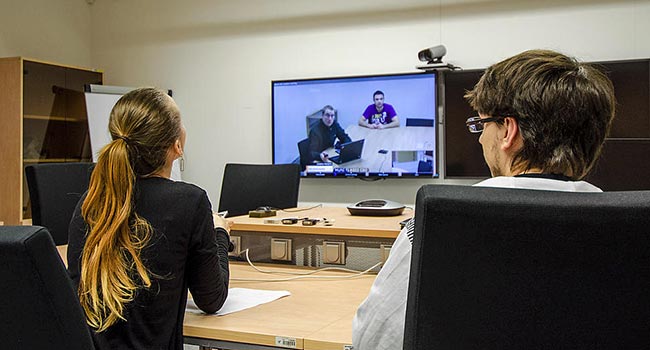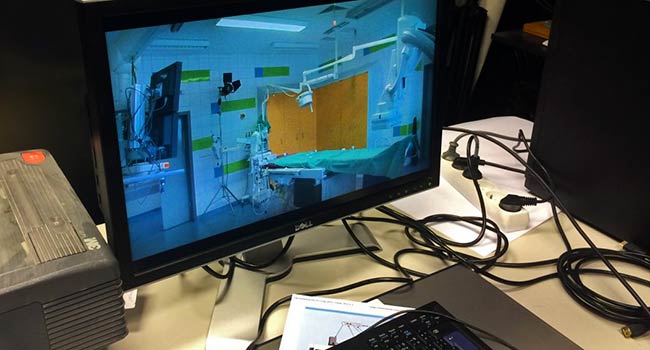Computer Networks and Communication – Field of study catalogue MU
Computer Networks and Communication |
This study programme will provide students with extensive knowledge of architectures, principles of operation and management of computer networks. It is prepared to satisfy both those seeking practically oriented study and training, including advanced information and knowledge on many aspects of computer networks and their applications, as well as those willing to get deeper knowledge about theoretical foundations and to understand computer networks as special cases of distributed systems. Along with extensive information in the area of computer networks, each student will get information about security, principles of work with multimedia data, basic experience of work with parallel systems and the necessary theoretical background.
After successfully completing his/her studies the graduate is able to:
- understand the architecture and principles of computer networks, with emphasis on packet based networks
- understand principles of underlying protocols, select appropriate protocols for specified application types.
- explain foundations of computer networks and relationships between primary components.
- design computer networks, including decision-making about switched and routed parts.
- design applications that use distributed services, including web and grid ones.
- understand multimedia requirements, design multimedia systems (from capture through coding and transmission up to the presentation).
- manage complex computer networks.
Graduates will be able to work as designers of large-scale computer networks, heads of computer network related departments or as project managers. They will be also prepared for jobs of independent specialists on computer networks applications or their security. The best graduates with interest in even deeper knowledge of the subject are expected to continue as PhD students in a field of computer networks, computer systems, security or parallel and distributed systems.
Standard duration of studies is four semesters. In order to be admitted to take the final state examination, students must acquire in total 120 ECTS credits for required, selective and elective courses. Required subjects constitute the basis of the disciplines. Students choose the selective courses according to their interests and intended professional specialisation. During the course of their studies, students should follow the course catalogue for their year of matriculation. The catalogue shows a recommended course of study including suggestions for selective courses. Students can access the course catalogue at the Office for Studies or through the faculty website: https://www.fi.muni.cz/katalog/.
The final state examination consists of a diploma thesis defence and an oral exam aimed at checking the field-related knowledge of the students. There is no written preparation to the exam and the student answers two to three questions asked by the examination committee. The final state examination typically takes about sixty minutes, half of which is taken by the thesis defence and half by the oral exam.
More information about the final state exam and the questions can be found at the faculty website: https://www.fi.muni.cz/studies/szz_mgr/.
After the completion of the Master’s studies, students may choose to continue their studies in any Doctoral degree programme at Faculty of Informatics (after satisfying the admission requirements).
|
0
Students
|
40
|



